Year 4
The science inquiry skills and science as a human endeavour strands are described across a two-year band. In their planning, schools and teachers refer to the expectations outlined in the achievement standard and also to the content of the science understanding strand for the relevant year level to ensure that these two strands are addressed over the two-year period. The three strands of the curriculum are interrelated and their content is taught in an integrated way. The order and detail in which the content descriptions are organised into teaching and learning programs are decisions to be made by the teacher.
Incorporating the key ideas of science
Over Years 3 to 6, students develop their understanding of a range of systems operating at different time and geographic scales.
In Year 4, students broaden their understanding of classification and form and function through an exploration of the properties of natural and processed materials. They learn that forces include non-contact forces and begin to appreciate that some interactions result from phenomena that can't be seen with the naked eye. They begin to appreciate that current systems, such as Earth's surface, have characteristics that have resulted from past changes and that living things form part of systems. They understand that some systems change in predictable ways, such as through cycles. They apply their knowledge to make predictions based on interactions within systems, including those involving the actions of humans.
(source: www.australiancurriculum.edu.au)
Achievement Standard
By the end of Year 4, students apply the observable properties of materials to explain how objects and materials can be used. They describe how contact and non-contact forces affect interactions between objects. They discuss how natural processes and human activity cause changes to Earth’s surface. They describe relationships that assist the survival of living things and sequence key stages in the life cycle of a plant or animal. They identify when science is used to understand the effect of their actions.
Students follow instructions to identify investigable questions about familiar contexts and make predictions based on prior knowledge. They describe ways to conduct investigations and safely use equipment to make and record observations with accuracy. They use provided tables and column graphs to organise data and identify patterns. Students suggest explanations for observations and compare their findings with their predictions. They suggest reasons why a test was fair or not. They use formal and informal ways to communicate their observations and findings.
(source: www.australiancurriculum.edu.au)
- Plus Plan
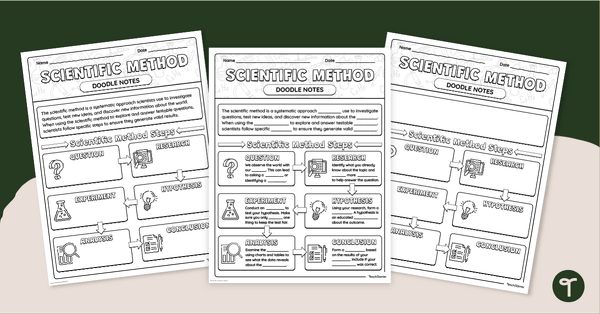
Differentiated Scientific Method Doodle Notes Templates
Use scientific method doodle notes to turn learning the scientific method into a meaningful note-taking session for students!
- Plus Plan
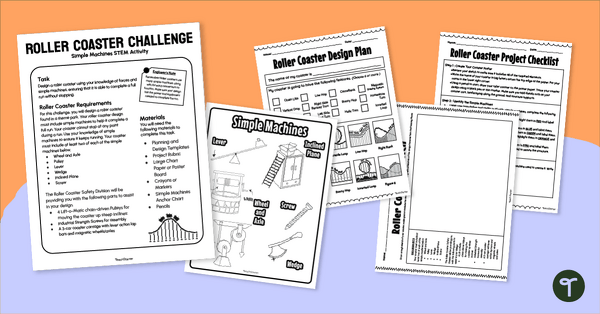
Simple Machines - Design a Roller Coaster STEM Challenge
Implement a Roller Coaster Stem Challenge to help your students demonstrate knowledge of simple machines.
- Plus Plan
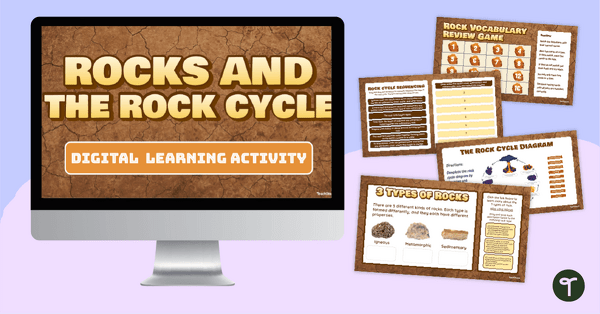
Rocks and The Rock Cycle - Digital Learning Activity
Discover rocks and the rock cycle with an engaging Google Slides Digital Learning Activity.
- Plus Plan
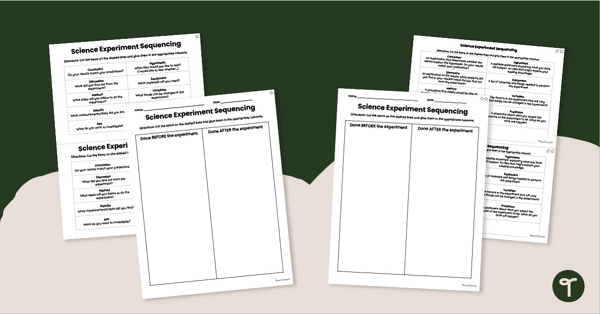
Experimental Design Worksheet - Scientific Method Cut and Paste
Sequence the steps in the scientific method with a pair of differentiated Experimental Design Worksheets.
- Plus Plan
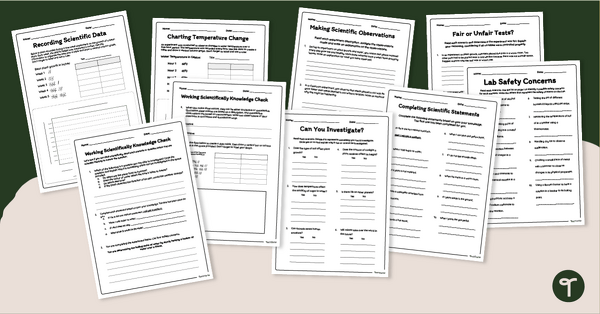
Working Scientifically - Skills for Science Inquiry Worksheet Pack
Improve your students' skills for science class with printable Scientific Inquiry Skills Worksheets.
- Plus Plan
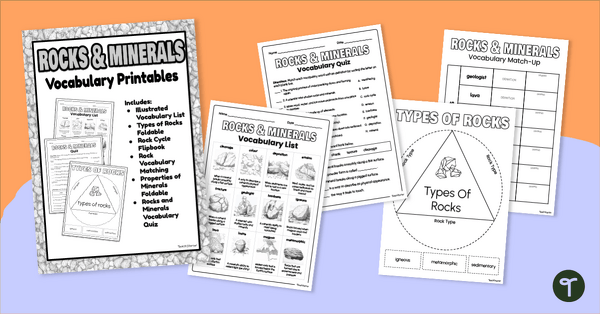
Rocks and the Rock Cycle Worksheet Pack - Vocabulary
Download our Rocks and the Rock Cycle Worksheet Pack to practise a variety of academic vocabulary skills with your students.
- Free Plan
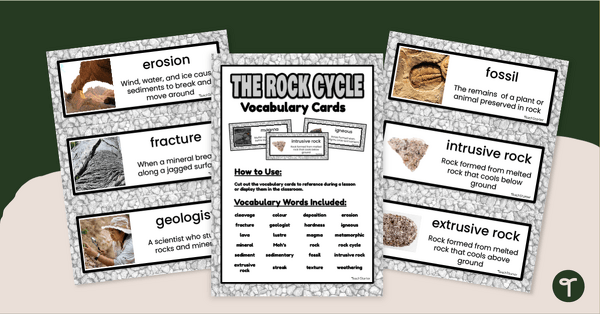
Rock Cycle Photo Vocabulary Word Cards
Promote daily rock cycle vocabulary review with a printable rock cycle vocabulary word wall.
- Plus Plan
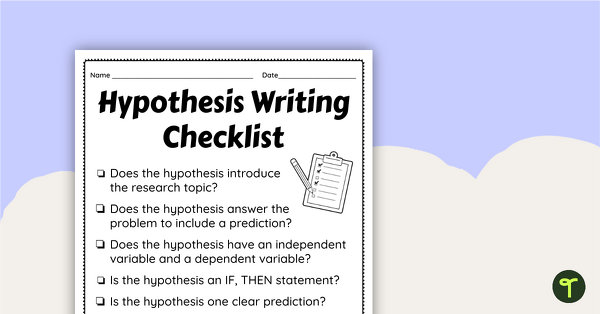
Scientific Hypothesis Writing Checklist
Use a Scientific Hypothesis Writing Checklist to help your students write clear and complete scientific hypotheses.
- Plus Plan
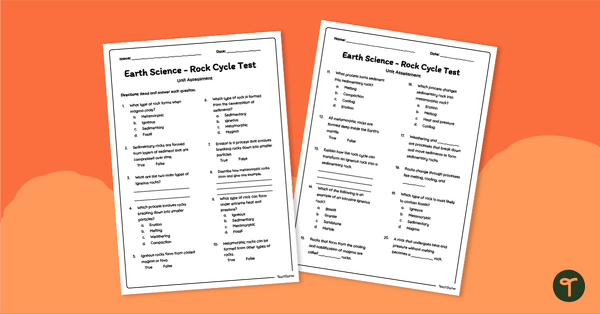
Rock Cycle Test
Use an Earth Science Rock Cycle Test to assess your students’ understanding of the rock cycle.
- Plus Plan
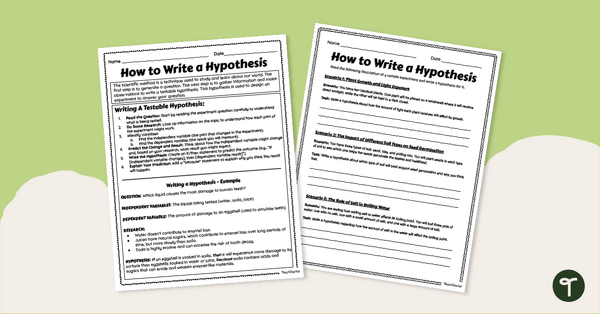
How to Write a Hypothesis Worksheet
Teach your students to write a hypothesis with a printable writing guide and a hypothesis-writing practice worksheet.
- Plus Plan
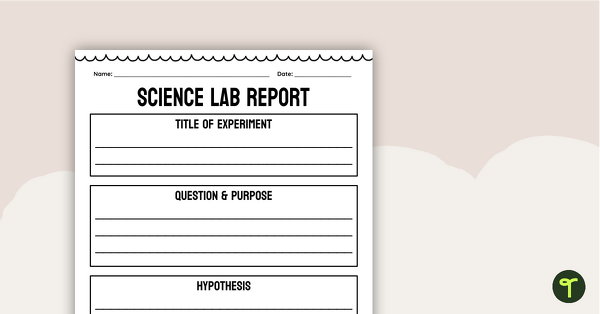
Science Lab Report Template
Use a Science Lab Report Template to help your students organise their findings in any scientific method lab experiment.
- Plus Plan
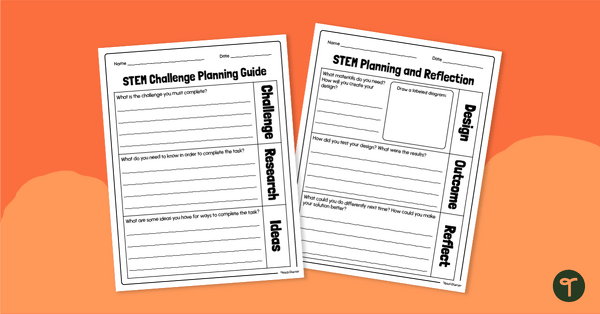
STEM Challenge Planning Guide-Upper Years
Use this STEM Challenge Planning sheet with to keep your students on task and organised when completing STEM challenges.
- Plus Plan
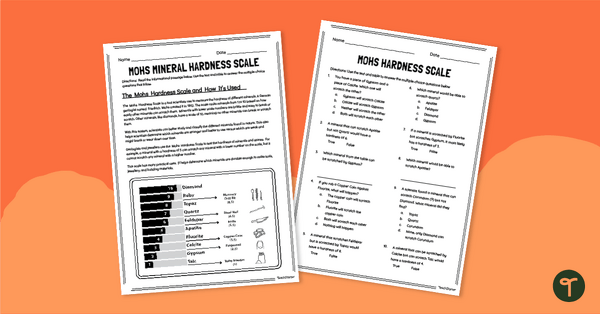
Mohs Scale of Mineral Hardness Worksheet
Use our Mohs Scale of Mineral Hardness Worksheet to help your students identify and classify minerals and gemstones.
- Plus Plan
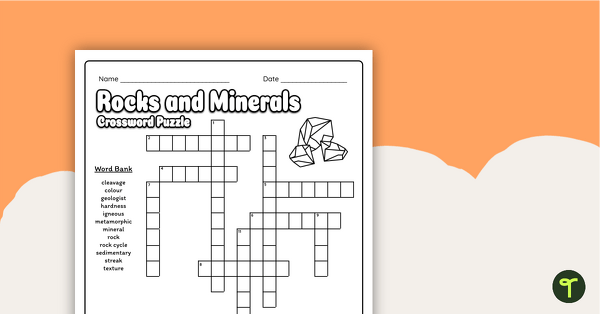
Rocks and Minerals Crossword Puzzle
Use a Rocks and Minerals Crossword puzzle to review key science vocabulary.
- Plus Plan
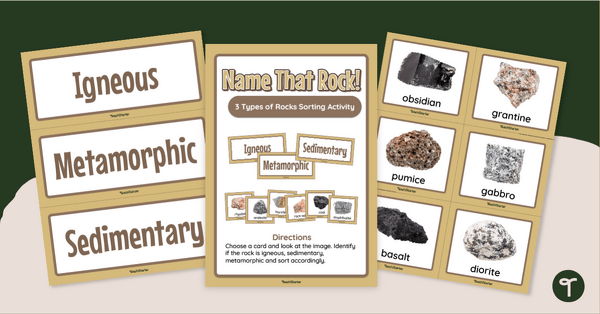
'Name That Rock' - Rock Classification Activity
Use our 'Name That Rock' Science Sorting activity to classify metamorphic, sedimentary and igneous rocks.
- Plus Plan
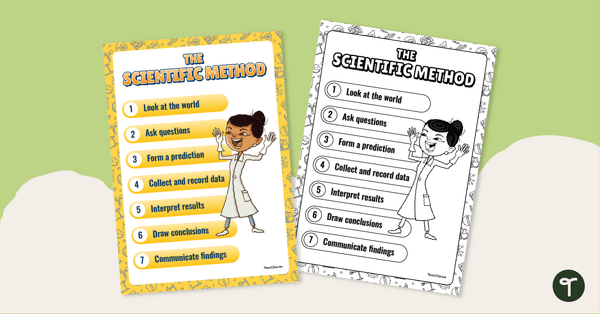
The Scientific Method Poster - Upper Years
Teach your students the 7 steps in the scientific process with a printable scientific method poster.
- Plus Plan
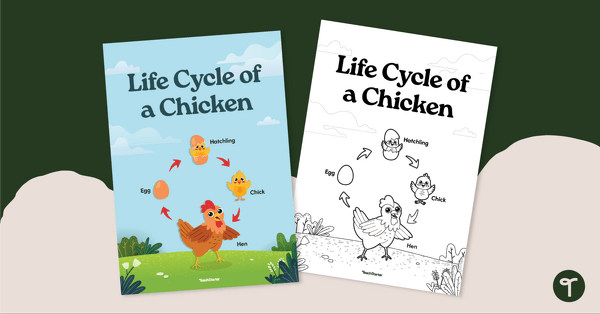
Life Cycle of a Chicken Poster
Teach your students about the life cycle of a chicken with this colourful classroom poster perfect for early years science lessons.
- Plus Plan
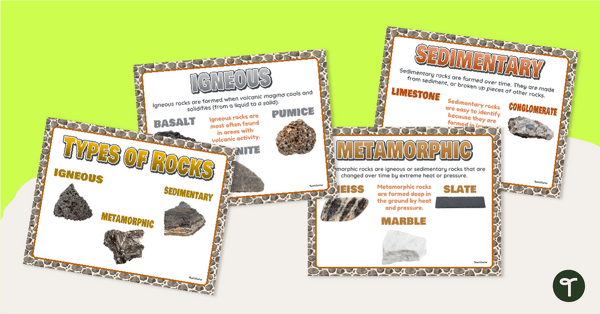
Types of Rocks Posters
Teach your students information about the three basic types of rock with a set of printable Types of Rocks Anchor Charts.
- Plus Plan
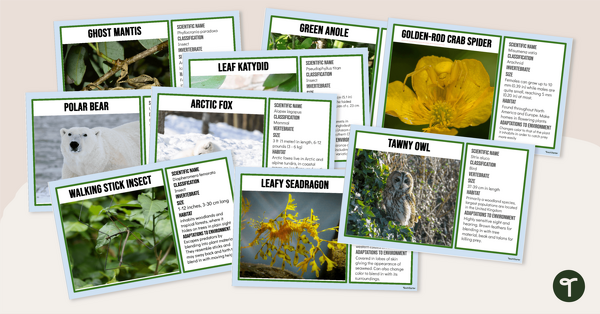
Animals that Use Camouflage - Fact File Cards
Discover animals that use camouflage to survive with these printable Animal Fact File cards.
- Plus Plan
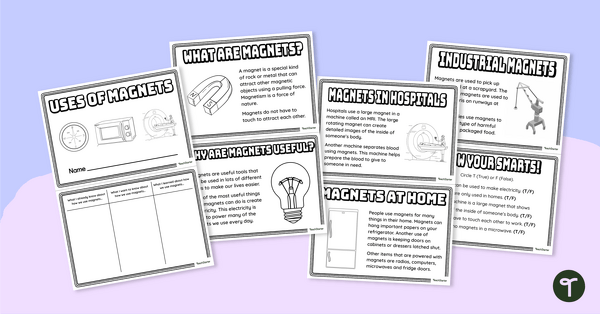
Uses of Magnets Mini-Book
Teach about everyday uses of magnets with this printable mini-book perfect for Year 4 science lessons.
- Plus Plan
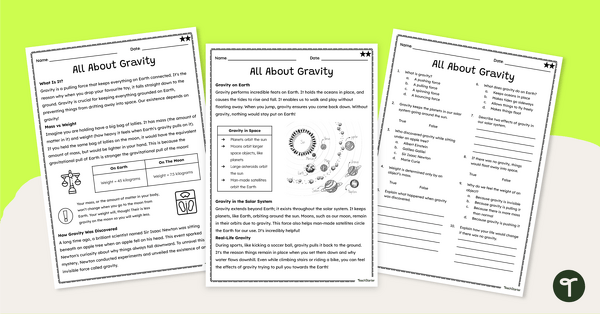
The Force of Gravity Comprehension Worksheets
Download this gravity worksheet to teach your Year 4 students about the force of gravity and its impact on our daily lives.
- Plus Plan
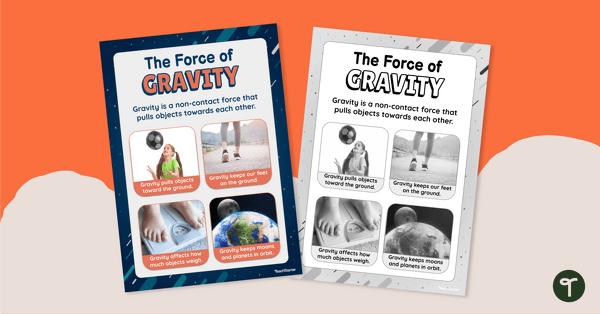
Gravity Poster
Teach students facts about gravity using this gravity poster perfect for Year 4 science lessons.
- Plus Plan
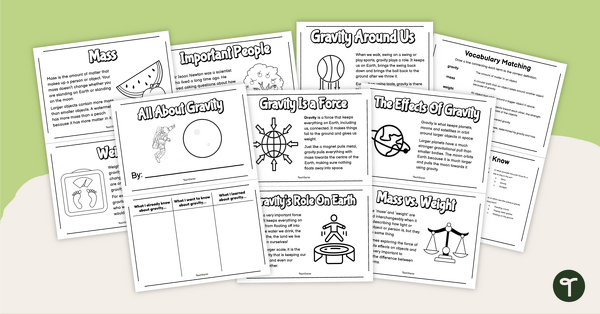
All About Gravity Mini-Book
Get students exploring gravity facts for kids with this printable mini-book perfect for Year 4 science lessons.
- Plus Plan
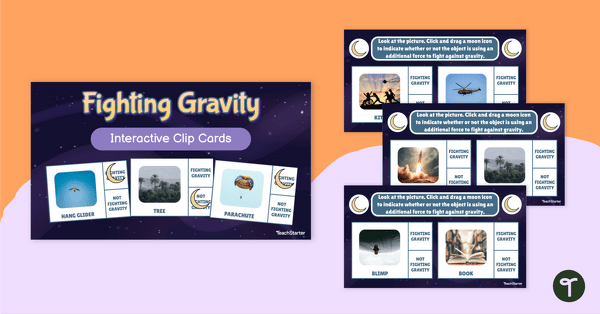
Fighting Gravity Interactive Peg Cards
Explore objects that must fight gravity to stay in their air with this set of 24 digital peg cards.
- Free Plan
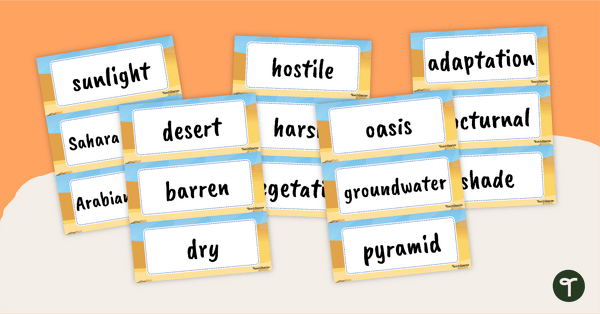
Desert Word Wall Vocabulary
Spark discussion and build academic vocabulary with a desert related vocabulary word wall.
- Plus Plan
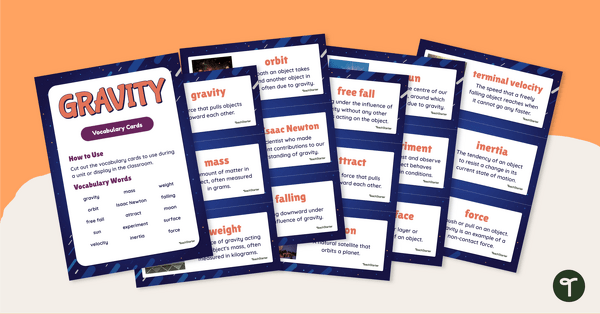
Gravity Word Wall Vocabulary Cards
Immerse your students in gravity vocabulary with this set of 15 illustrated vocabulary cards perfect for a word wall display.
- Plus Plan
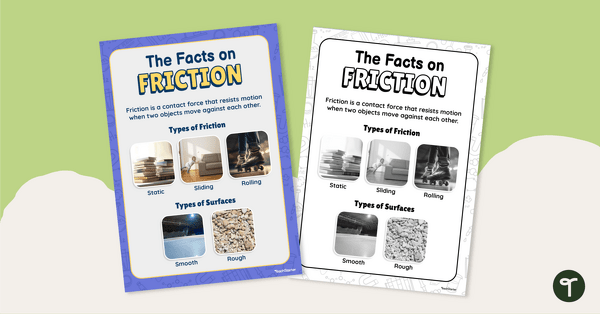
Friction Poster
Show students frictional force examples using this friction poster perfect for Year 4 science lessons.
- Plus Plan
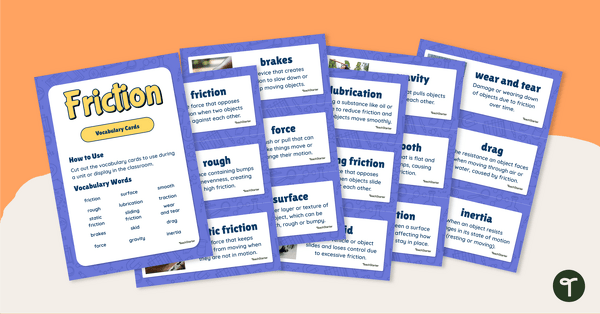
Friction Word Wall Vocabulary Cards
Immerse your students in friction vocabulary with this set of 15 illustrated vocabulary cards perfect for a word wall display.
- Plus Plan
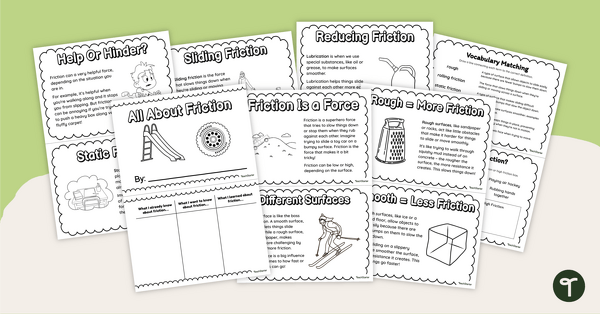
All About Friction Mini-Book
Teach your students about the force of friction with this printable mini-book perfect for Year 4 science lessons.
- Plus Plan
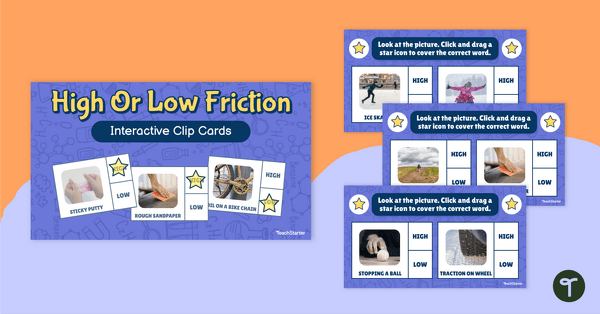
High or Low Friction? Interactive Peg Cards
Explore high and low friction examples with your students using this set of 24 digital peg cards.
- Plus Plan
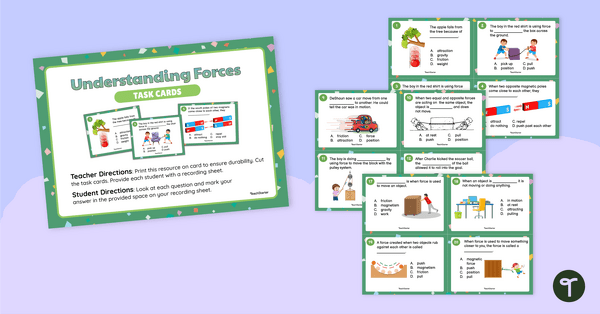
Force and Motion Task Cards
Use these force and motion task cards as a student review activity in your Year 4 science lessons.
- Plus Plan
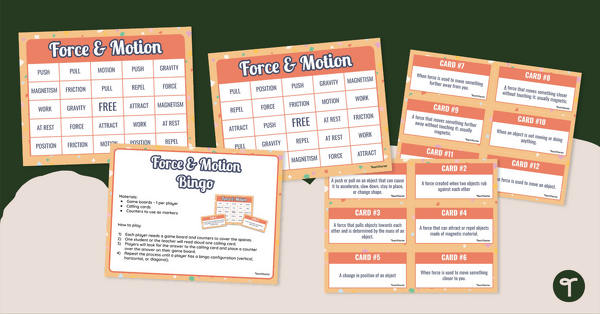
Force and Motion Bingo
Play a forces and motion game with your students to reinforce key subject-specific vocabulary.